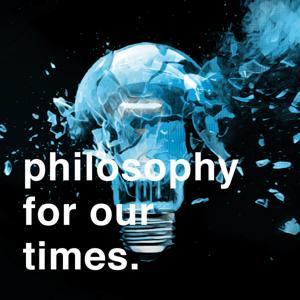Why We Still Can’t Think Beyond Capitalism (Mark Fisher, Neoliberalism, and Capitalist Realism)
For those drawn to psychic dissonance, hauntological atmosphere, and the deep politics of mood.
#MarkFisher #CapitalistRealism #Neoliberalism #
The Deeper Thinking Podcast is digitally narrated
What if the most successful system isn’t the one we believe in—but the one we’ve stopped trying to escape? In this episode, we explore the ambient control of neoliberalism through the lens of capitalist realism—a cultural condition described by Mark Fisher as “the widespread sense that there is no alternative.” We don’t just analyze the system—we sit inside its mood. From emotional UX design to branded wellness fatigue, this is not critique from a distance. It’s an account from within the loop.
This episode invites you into the textures of late capitalism’s atmosphere—where productivity is aesthetic, resistance is formatted, and burnout becomes an internal branding problem. The episode doesn’t offer solutions. Instead, it slows down enough to notice the glitches: tonal slips, emotional pauses, and the moments when the spell stutters.
This is not theory as lecture. It is theory as spell-breaking. Here are some moments that surfaced along the way:
If the essay stayed with you and you'd like to support deeper, slower thinking, you can do so gently here: Buy Me a Coffee.
The future hasn’t disappeared. It’s just been reformatted.
#MarkFisher #CapitalistRealism #Neoliberalism #EmotionalAutomation #SystemFatigue #PhilosophyOfMood #DeeperThinkingPodcast #PostCapitalism #AuditCulture #AmbientControl
Why We Still Can’t Think Beyond Capitalism
Extended readings on capitalist realism, neoliberal affect, emotional automation, and the disappearance of alternatives.
Extensions of Fisher’s Work
Neoliberalism, Mood, and Emotional Automation
Complementary Literature (Affect, Silence, Compliance)




































